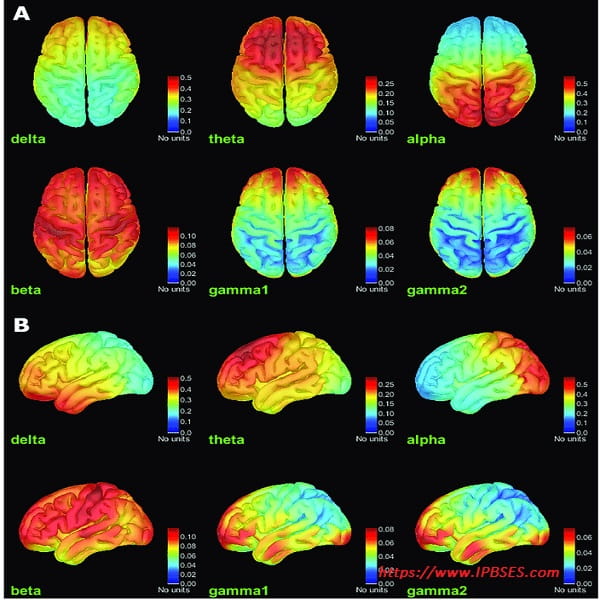پژوهشگران دانشگاه پورتموث، دانشگاه لافبوروف و دانشگاه اسپرینگفیلد در پژوهشی که گزارش آن به تازگی منتشر شده است به نظرسنجی و بررسی ابعاد مختلف حضور روانشناس ورزش برای تیمهای نوجوانان پرداختند.
 روش پژوهش:
روش پژوهش:
در این پژوهش که در دو فاز کیفی (۲۲ داوطلب) و کمّی (۱۱۵ داوطلب) صورت گرفت، نظرات و دیدگاههای مربیان ورزشی و والدین نوجوانان ورزشکار در حوزه استنباطشان از نقش روانشناس ورزش، سودمندیهای حضور روانشناس ورزش در تیم، و ویژگیهای مناسب یک روانشناس ورزش برای حضور در تیم ورزشی مورد ارزیابی قرار گرفتند.
 نتایج نشان دادند:
نتایج نشان دادند:
- به نظر مربیان و والدین نوجوانان ورزشکار، لازم است تمامی تیمهای ورزشی در کادر فنی خود به طور دایم روانشناس ورزش داشته باشند (این امر بویژه در دوره های پیش، حین، و پس از مسابقات مهم است).
- هم از دیدگاه والدین و هم از دیدگاه مربیان، حضور روانشناس ورزش به طور خاص برای تیم های نوجوانان امری ضروری است تا شخصیت اجتماعی نوجوانان شکل بگیرد و عملکرد ورزشی و بهزیستی روانی و جسمانی آنها افزایش یابد.
- مهارتهای لازم برای روانشناس ورزشی از دید مربیان و والدین، شامل مهارتهای روابط بین فردی قوی، تجربه بالا در ورزش مربوطه و تربیت ورزشکاران، دانش بالا در حوزه رشد و نمو، و اعتبار مناسب در حوزه اجتماعی و ورزشی هستند.
- از دیدگاه والدین و مربیان ورزشکاران نوجوان، لازم است روانشناسان ورزش تیمها، پیش از شروع وظایف خود در هر تیم ورزشی، دوره های نظری و عملی (کارورزی) لازم در این حوزه ها را دریافت نمایند.
The role, benefits and selection of sport psychology consultants: Perceptions of youth-sport coaches and parents
Abstract
Objectives:
With practitioners needing to be ‘more things to more people’, it is essential to understand third-party consumer perceptions of the role and benefits of sport psychology consultants (SPC), and the characteristics that may influence such services being sought.
Design:
A qualitative thematic analysis approach was used in Study 1 and a cross-sectional conjoint analysis approach was employed in Study 2.
Methods:
In Study 1, 22 participants (11 youth-sport coaches, 11 parents) took part in semi-structured interviews to investigate:
a) understanding the SPC role.
b) the benefits of seeking the services of an SPC.
c) the salient characteristics of an SPC that would influence judgments on preference.
d) and likelihood to seek consultant services on behalf of their athlete/child.
In Study 2, a total of 115 participants (51 youth-sport coaches, 64 parents) rated 32 practitioner profiles generated from Study 1. It was with a conjoint analysis employed to determine the relative importance of SPC characteristics.
Results:
SPCs were viewed by youth-sport coaches and parents as practitioners who can help athletes enhance their performance and well-being, which would be of benefit to athletes. The SPC attribute most important to coaches and parents was interpersonal skills, with a preferred SPC profile also including a high level of experience and training, and a known reputation.
Conclusions:
SPCs are viewed by youth-sport coaches and parents as experts regarding performance enhancement and well-being. SPCs with strong interpersonal skills, extensive experience and training. it has a known reputation are preferred by coaches and parents.
Findings reinforce the importance of educating those responsible for the ongoing development of athletes to the role and benefits of SPCs, and for SPC training to ensure that interpersonal skills development opportunities are available.
Keywords
لینک منبع پیشنهادی برای مطالعه بیشتر  (further reading)
(further reading)



https://t.me/DrAmirMohammadShahsavarani







